38 open-label study advantages and disadvantages
External and internal validity of open label or double-blind trials in ... A blinded trial may be less subject to bias than an open-label trial because it minimizes the impact of knowledge of treatment allocation on postrandomized treatment decisions and on reporting of... External and internal validity of open label or ... - Wiley Online Library Naturally, in open-label trials in anticoagulation there is a risk of a reporting bias of adverse events. Patients may research the new drug and its side-effects in publications and may be influenced in their reporting behaviour of potential side-effects. Furthermore, investigators may be equally susceptible to a reporting bias.
(PDF) What is an open label trial? - ResearchGate Researchers assessed the effectiveness of prazosin combined with scorpion antivenom in assisting recovery from scorpion sting. An open label randomised controlled trial study design was used. The ...

Open-label study advantages and disadvantages
Advantages and Disadvantages with Labelling Machines The device then shrinks back and the label is attached to your product. The advantage of using these types of labelling machines is that precision is excellent. This method is great when labelling difficult packaging products. The disadvantage is that this method of labelling can be slow and the labelling quality not as good as other methods. Open-label extension studies: do they provide meaningful information on ... Some increased confidence about incidence rates might result from the open-label extension study; however, as these studies are essentially uncontrolled and biased, the data are not of great value. Other benefits have been proposed to be gained from open-label extension studies. Open-Label Trial - an overview | ScienceDirect Topics Open-label studies lack the rigor of blinded studies. Since the lack of blinding can introduce significant bias, reserve the use of open-label studies for situations in which blinding is neither feasible nor ethical or in cases where the outcome is completely objective, such as survival. Some situations include: •
Open-label study advantages and disadvantages. Open-label study | definition of open-label study ... - Medical Dictionary open-label study: a study in which there is no blinding of treatments. External and internal validity of open label or double-blind trials in ... In general, a blinded trial is regarded as being less subject to bias than an open trial because it minimizes the impact of knowledge of treatment allocation on post-randomized treatment decisions and on reporting of outcomes. However, a blinded trial is not always feasible. Understanding Clinical Trial Terminology: What is an Open Label ... Open-label trials can be used to compare treatments or gather additional information about the long-term effects in the intended patient population. In some instances, patients who complete one clinical trial may be eligible to continue in an open-label extension study where all participants are eligible to receive active treatment for an ... Open-Label Trial - an overview | ScienceDirect Topics The difference of protective efficacy of Ribavirin in humans and in hamsters may have several explanations: (1) the study in humans was not randomized and performed at posteriori, and grouping treated and nontreated patients may have introduced some bias; (2) the dose and mode of infection of NiV used for the challenge or the virus replication i...
External and internal validity of open label or double-blind trials in ... disadvantages of open-label or double-blind trials is currently underway and interpretation oftrialresults isoften focusedon this matter. In general, a blinded trial is regarded as being less subject to bias than an open trial because it minimizes the impact of knowledge of treatment allocation on post-random- PDF What Are Open-Label Extension Studies For? In the case of open-label extension studies, the purpose isnot nearly so clear-cut. We can think of 3 possibilities. Thefirst reason is simply to make the (now known to be) effec-tive but as yet unlicensed drug available to participants whowere randomized to placebo; this might have been a require-ment of the ethics approval or a means of enhanc... What is an open label trial? | The BMJ Because this was an open label trial, the participants, investigators, and all peripheral staff were not blinded to the treatment allocation—that is, they were aware which treatment the participants had been allocated to after randomisation (ais true). Open label trials are sometimes referred to as "non-masked" or "unblinded." NCI Dictionary of Cancer Terms NCI's Dictionary of Cancer Terms provides easy-to-understand definitions for words and phrases related to cancer and medicine.
Study in China: advantages and disadvantages (Education in China) Despite the advantages of studying in China, foreign students after arriving in the country face the following disadvantages of living and studying: Food. If you are used to eating dairy products, then they may not be available in ordinary stores, but will be sold at high prices in special outlets. 14 Advantages and Disadvantages of a Randomized Controlled Trial It makes groups become comparable through the collected data according to known and unknown factors that investigators find during the research process. Even a blocked randomization effort can make groups comparable when they fall within known confounding factors. 4. It offers a higher level of statistical probability. Open-Label Trial - an overview | ScienceDirect Topics Open-label studies lack the rigor of blinded studies. Since the lack of blinding can introduce significant bias, reserve the use of open-label studies for situations in which blinding is neither feasible nor ethical or in cases where the outcome is completely objective, such as survival. Some situations include: • Open-label extension studies: do they provide meaningful information on ... Some increased confidence about incidence rates might result from the open-label extension study; however, as these studies are essentially uncontrolled and biased, the data are not of great value. Other benefits have been proposed to be gained from open-label extension studies.
Advantages and Disadvantages with Labelling Machines The device then shrinks back and the label is attached to your product. The advantage of using these types of labelling machines is that precision is excellent. This method is great when labelling difficult packaging products. The disadvantage is that this method of labelling can be slow and the labelling quality not as good as other methods.





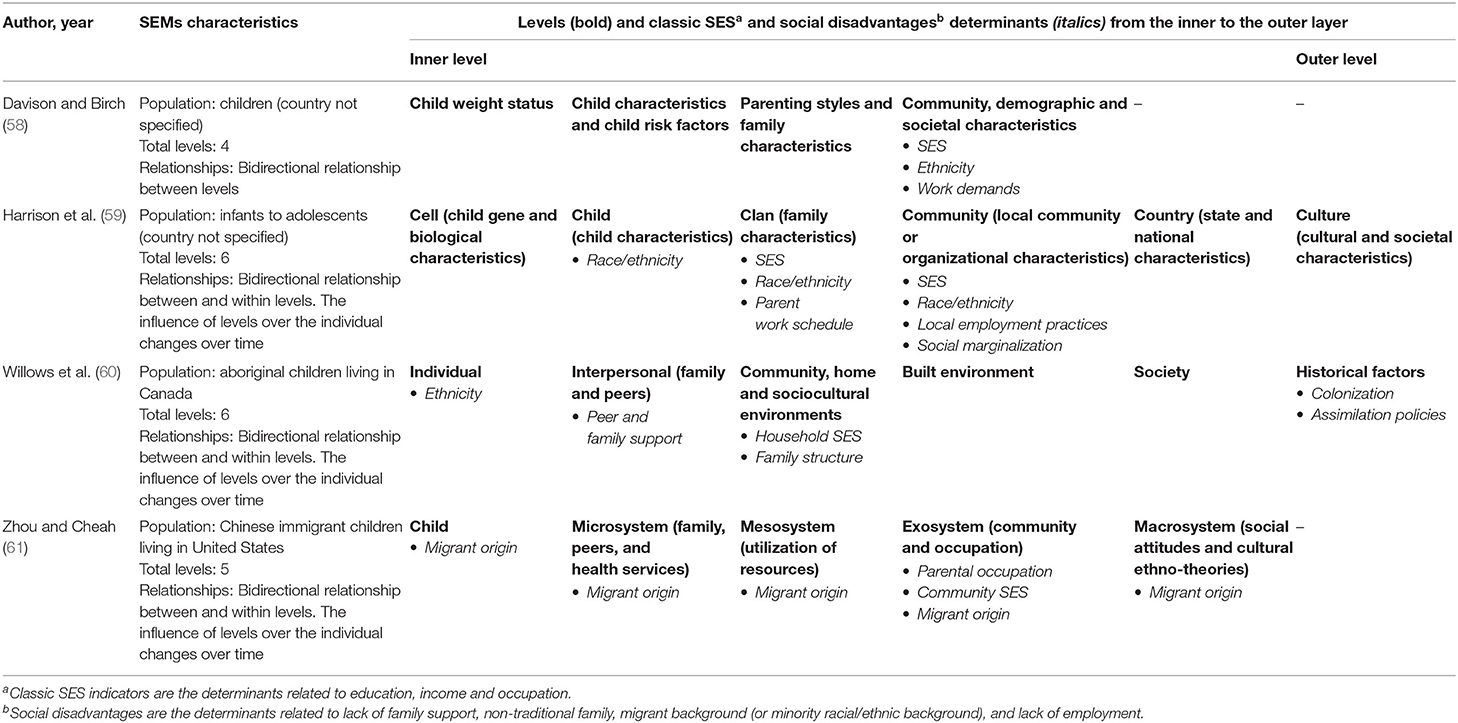




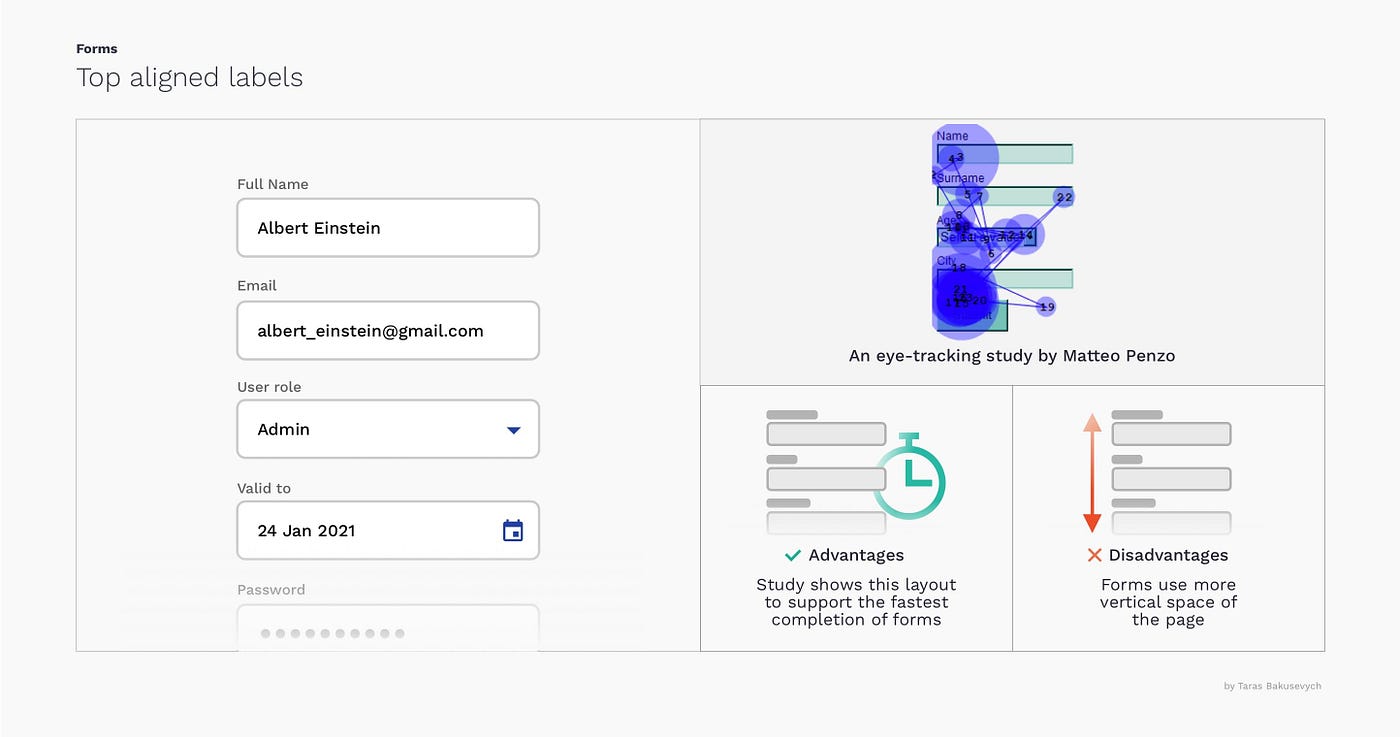
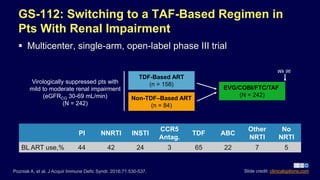


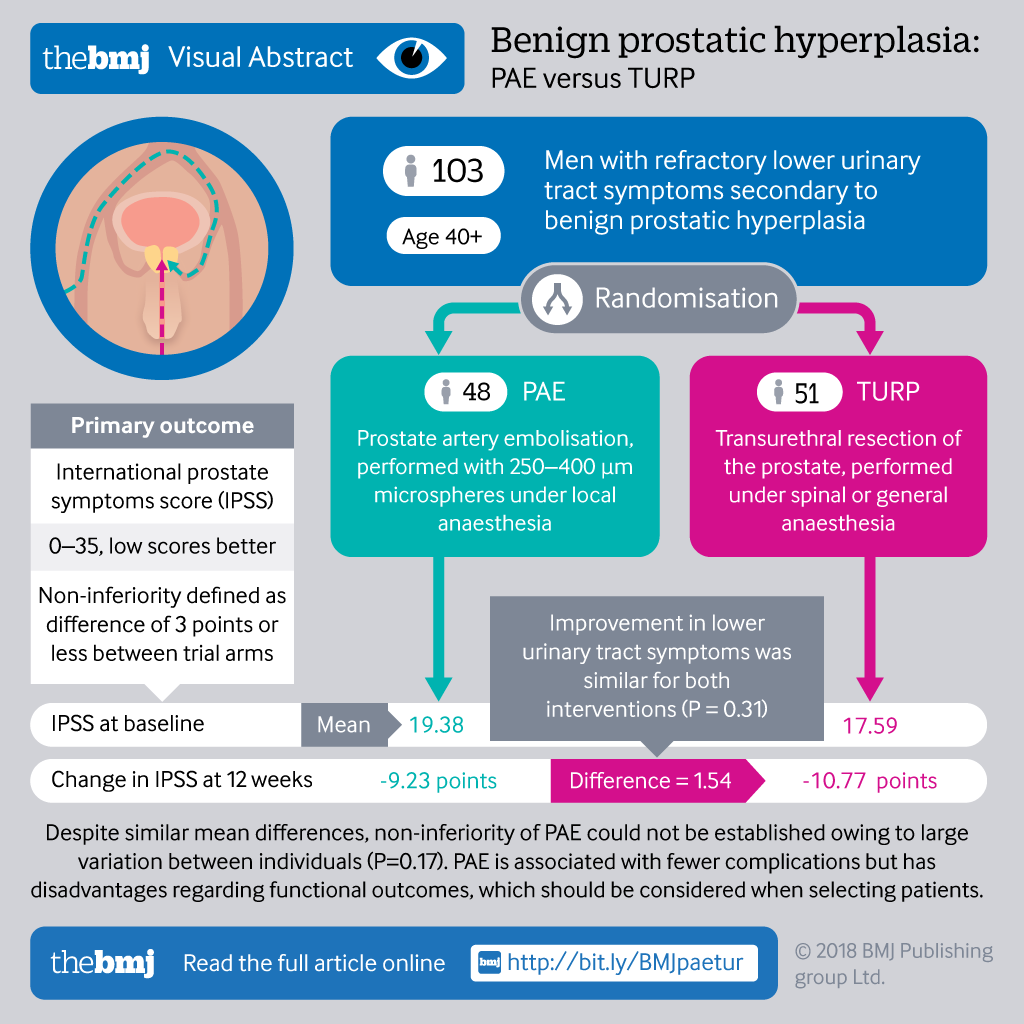


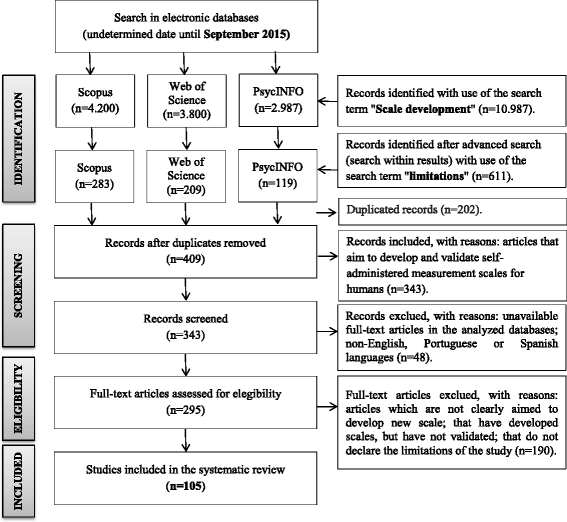





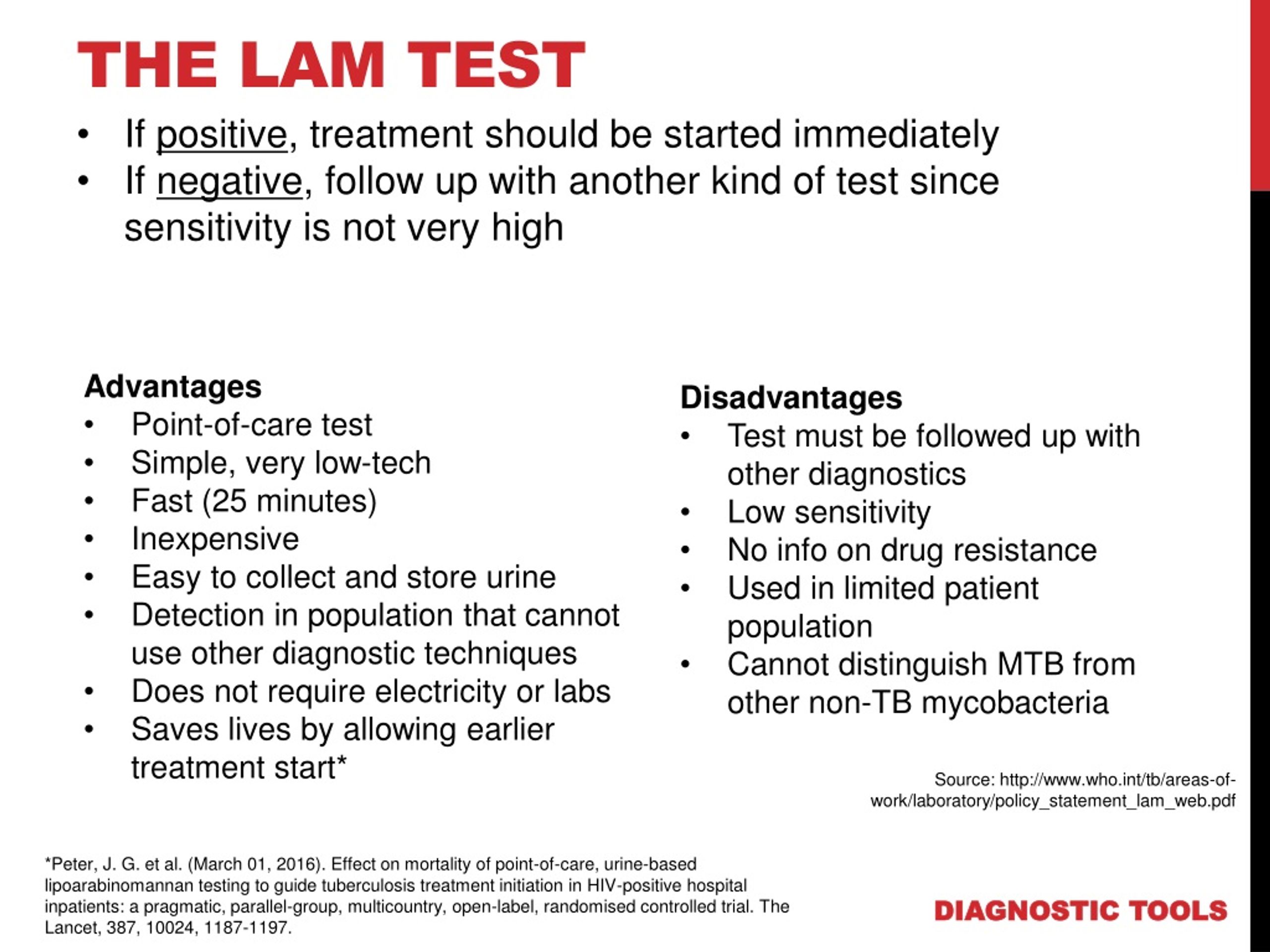

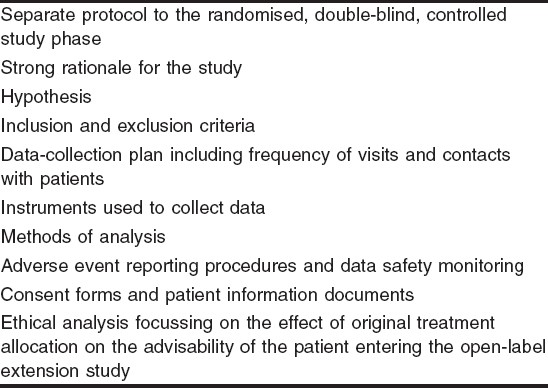







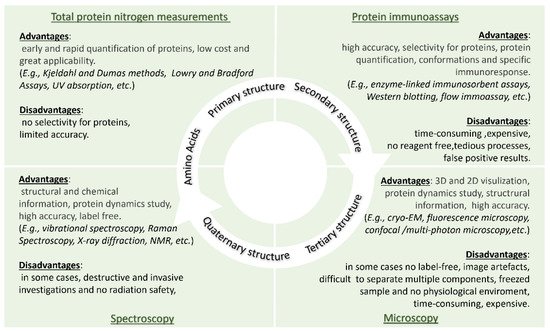



Post a Comment for "38 open-label study advantages and disadvantages"